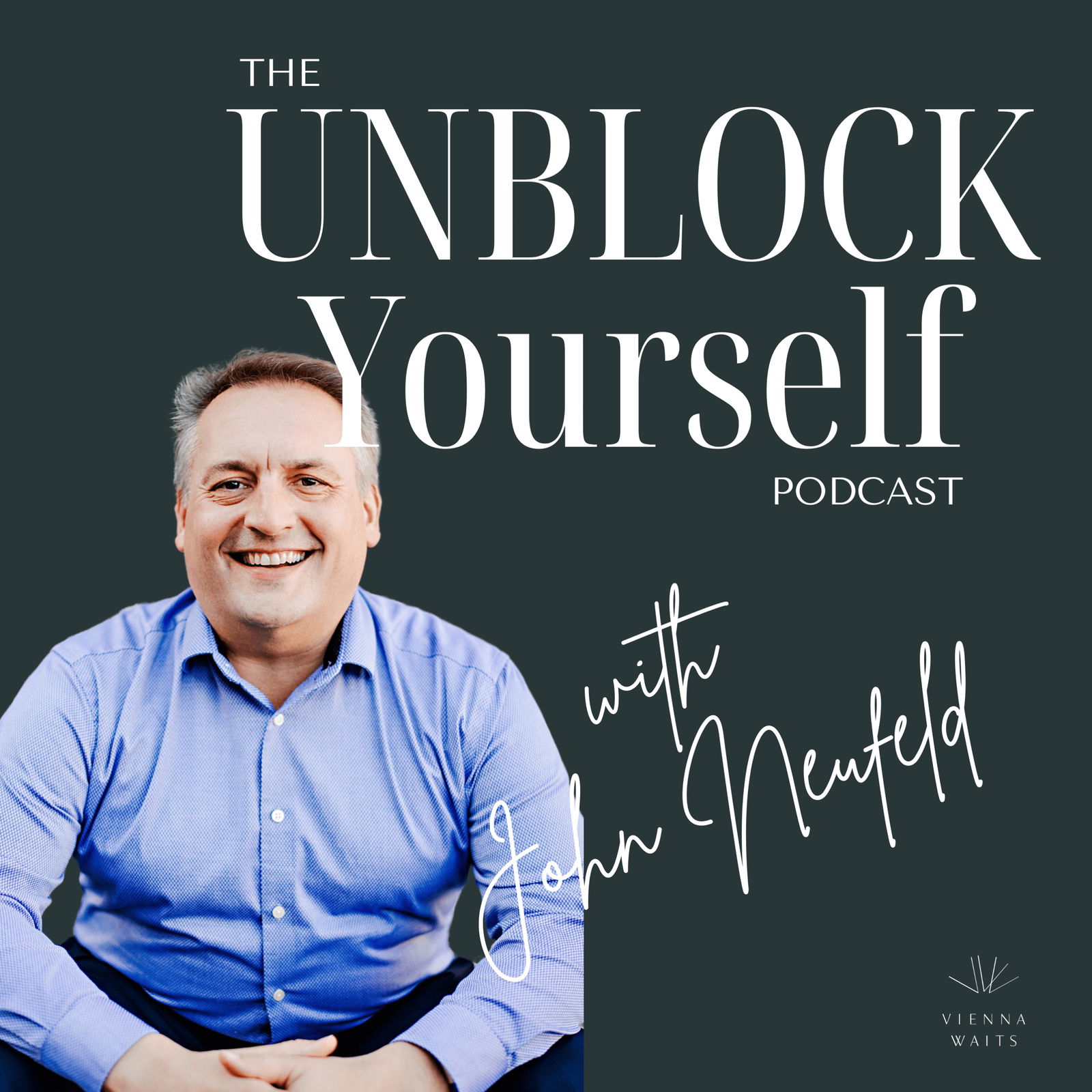What happens when the person who is supposed to hold it all together is quietly falling apart?
In this episode, Greg and Whitney talk with John Neufeld, Executive Director at House of Friendship, about what it means to lead through heartbreak, show up for others in hard times, and stay grounded in purpose when life feels anything but stable.
John shares how his early experience as an immigrant — feeling like an outsider, like he didn’t belong — shaped everything that came next. It's what led him to a life of service and to building spaces where others feel seen, valued, and supported.
He opens up about the emotional toll of leadership during times of crisis, the weight we all carry, and the buffers that make resilience possible. Along the way, he shares the metaphors and mindsets that helped him find strength — like the idea of the backpack we all carry and how to keep moving forward even when it feels impossibly heavy.
In this conversation, John shares:
- How the “backpack” metaphor helped him carry loss without letting it weigh him down
- Why some people bounce back from adversity and others don’t — and the role that buffers play
- What it really means to belong and why it’s central to the work he does
- The 3 S’s that guide his leadership: Story, Strengths, and Spirit
- Why feeding your soul is not a luxury but a leadership essential
This one’s for anyone who’s been carrying something heavy, who’s felt alone in their grief, or who just needs to hear that they’re not the only one figuring it out as they go.
Every other Thursday, we talk to people who got UNBLOCKED. You'll hear stories about finding clarity, career paths, career pivots and living with intention. Our guests tell us how they realized something had to change, made bold moves, and built lives that feel more aligned, more alive, and more intentional. We’ll share some of our own stories too, because we’re right here, figuring it out like everyone else.
Links and Resources
We’d love to connect with you. Here’s where to find us:
Subscribe to Vienna Five Newsletter

